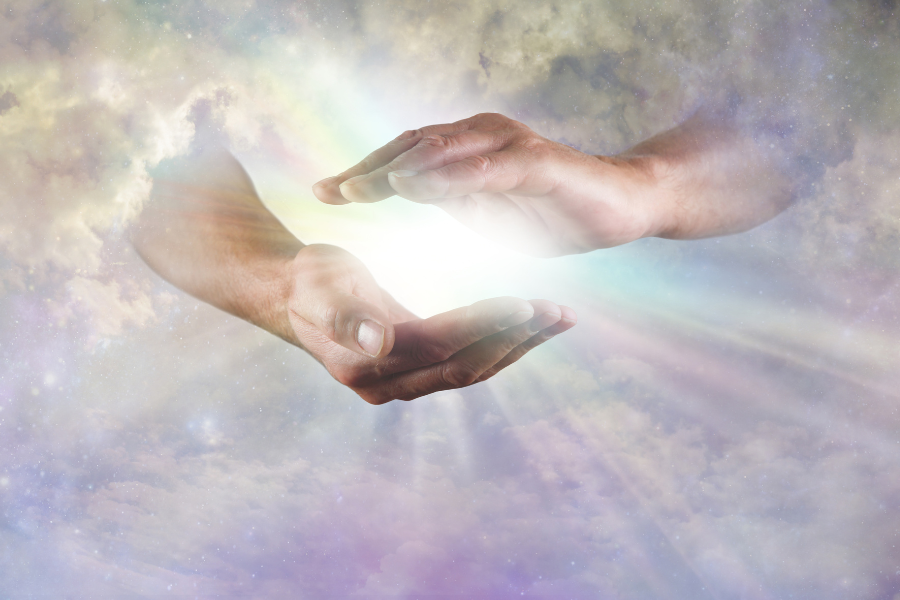Exploring divine creation is a captivating journey that delves into the profound question of how the universe and life came into existence. It encompasses both scientific and spiritual perspectives, inviting us to contemplate the mysteries of existence with open minds and hearts.
Scientific Explorations
Science has made remarkable strides in unraveling the cosmic puzzle, leading us to the Big Bang theory, the prevailing explanation for the universe’s origin. This theory suggests that the universe emerged from an incredibly dense, hot state about 13.8 billion years ago, expanding rapidly and giving rise to matter, energy, and the fundamental building blocks of the cosmos.
Over billions of years, gravity played a crucial role, pulling matter together to form galaxies, stars, planets, and eventually, life itself. This intricate dance of cosmic forces underscores the profound complexity and interconnectedness of the universe.
Spiritual Narratives
Religion and spirituality offer their own unique perspectives on divine creation, often imbued with symbolism, profound messages, and a deep sense of awe and reverence. The biblical narrative in Genesis, for instance, describes God bringing the universe into existence over six days, culminating in the creation of humans in God’s image.
Other religious traditions, such as Hinduism and Buddhism, present their own creation stories, each reflecting the cultural and philosophical underpinnings of their respective faiths. These narratives often emphasize the cyclical nature of existence, the interconnectedness of all beings, and the path to enlightenment or liberation.
Interplay of Science and Spirituality
While science and spirituality approach the question of divine creation from different vantage points, there is a growing recognition of their potential for interaction and mutual enrichment. Theistic evolution, for example, proposes that God created the universe and set the laws of physics in motion, allowing life to evolve through natural processes.
The fine-tuning argument further suggests that the precise balance of physical constants and initial conditions of the universe points to the existence of a divine creator. These perspectives seek to harmonize scientific Erkenntnisse with religious beliefs, fostering a deeper understanding of the cosmos and our place within it.
Openness, Dialogue, and Discovery
In exploring divine creation, open-mindedness and dialogue are essential. By engaging with diverse perspectives, we can broaden our understanding of the universe and its origins. Scientists and theologians are increasingly collaborating to bridge the perceived gap between science and faith, fostering a more holistic approach to knowledge.
Conclusion: A Journey of Awe and Wonder
The exploration of divine creation is an ongoing journey, inviting us to delve into the mysteries of existence with a sense of wonder and intellectual curiosity. By embracing both scientific and spiritual perspectives, we can enrich our understanding of the universe, ourselves, and our place within the grand tapestry of life.
Source: AI ~ Image: Canva Pro



